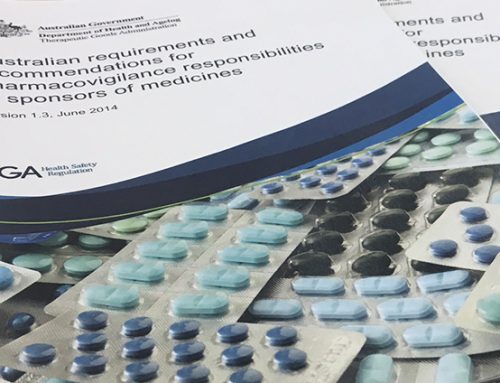Permitted indications for Pregnancy Supplements
Recent communication from the TGA has confirmed the guidelines around the use of permitted indications in Pregnancy and foetal development. These guidelines differ significantly to what has been acceptable in the past. Due to the vulnerability in these population groups, the code tables do not include qualifiers for pregnancy and foetuses, as the TGA has deemed it not appropriate for all permitted indications to be able to be directed for use in pregnant women. Therefore, general indications such as ‘Supports immune function’ are no longer appropriate for Pregnancy supplements.
Specific indications are available for pregnancy and foetal development. For eg. ‘Maintain/support healthy pregnancy’. You can search for the permitted pregnancy and foetal indications here.
Combining indications for pregnancy and foetal development
The TGA has advised that sponsors need to take particular care when combining these types of indications, so as to not change the intent, meaning and/or to imply a disease or condition. And have advised that it is generally not appropriate to combine pregnancy indications with other permitted indications. Where two indications are of the same level of specificity, ie. both having general health meanings, it might be be possible to combine these without changing the meaning.
Below is an example of a likely compliant combination;
Eg. ARTG Indications
- Maintain/support healthy pregnancy
- Maintain/support healthy foetal development
Label indication might read;
Nutritional support for healthy pregnancy and healthy foetal development.
Safety of ingredients in Pregnancy
The TGA has updated AWRS with the below statement;
“While some nutritional supplementation is recommended for pregnant women, the safety of many substances in pregnancy is unknown. In relation to nutritional supplementation for pregnancy, the Department of Health’s Pregnancy Care Guidelines advise that some supplements (folic acid, iodine) are recommended for all women during pregnancy, while others (vitamins A, C and E) are not of benefit and may be harmful, and that iron should only be supplemented if a deficiency is identified.”
Sponsors are now required to hold evidence that their pregnancy supplement is safe for use in pregnancy. Further, sponsors are unable to rely on the inclusion of the ingredients in the Therapeutic Goods (Permissible Ingredients) Determination as assurance that the ingredient has been determined to be safe for use in pregnancy.
If you have concerns regarding these changes and the implications for your products, please contact the CMA. If you require regulatory assistance, we are happy to help. Please contact Rachael or Nadine.








